Media reports about vivo members and projects
Women carry the burden of Ugandan war trauma
IRIN, February 2018
An article about the difficult situation of women in Uganda and NGOs who support them including the outpatient clinic of vivo international. You can access the article via this link.
Surviving genocide: Storytelling and ritual help communities heal
Science, May 2017
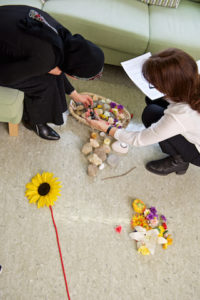
Thousands of exiled Yezidis are dealing with the psychological aftermath of a forced migration that tore families apart. vivo member Dr Maggie Schauer was interviewed about treating Yezidi women with NET. You can read the article here.
The troubled minds of migrants
Nature, 2016
The refugees and migrants surging into Europe are suffering very high levels of psychiatric disorders. Nature talked to several researchers, among them vivo member Prof Thomas Elbert. Read the article here.
Tanzania: Study Shows Corporal Punishment Doesn’t Improve Child’s Behaviour
allafrica, 2014
A study conducted by vivo in Tanzania has concluded that regardless of the culture a child lives in, corporal punishment may do lasting psychological harm. Read the article here.
Regardless of the culture, corporal punishment may harm the child
Reuters, 2014
In a study with school children in Tanzania vivo found that children who were beaten tend to show more behaviour problems. Read the whole article here.
The power of storytelling: treating the trauma of child soldiers
Prevention Action, 2012
Narrative Exposure Therapy is an evidence-based treatment for the psychological trauma of former child soldiers. Find out more by following this link.
Afghani children suffering from post-traumatic stress
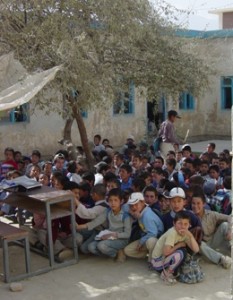
Science Daily, June 2009
Children who live in Afghanistan are particularly affected every day by a multitude of war time stressors which increase the likelihood of developing PTSD: trauma, child labor, and family and military violence. On a daily basis they are first-hand witnesses to the bombings, abuse, and the general upheaval of their home life and society as a result of war, including the effects of long-term poverty and familial turmoil.
You can read the full article here.
Los niños traumatizados por la guerra civil de Sri Lanka reciben ayuda psicológica
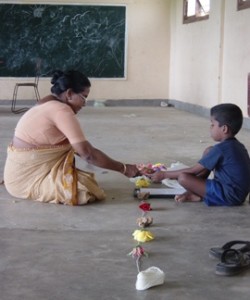
El Mundo, May 2009
En el norte de Sri Lanka, la antigua Ceilán, el tigre es el animal mítico por excelencia. Hasta el punto de que la guerrilla local tamil adoptó el nombre de este animal totémico. Los tigres tamiles han sido prácticamente derrotados por las autoridades cingalesas, pero años y años de guerra y las catástrofes naturales, como el tsunami, han dejado su huella casi indeleble en los niños de la región.
You can read the full article here.
Psychotherapy for the poor
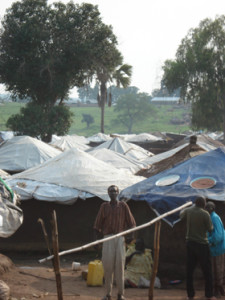
Scientific American, March 2009
It had been four years since 13-year-old Mohamed Abdul escaped civil war in Somalia, but he still had nightmares and flashbacks. When he was nine years old, a crowd fleeing a street shooting trampled him, putting him in the hospital for two weeks. A month later he saw the aftermath of an apparent massacre: about 20 corpses floating in the ocean. Soon after, militiamen shot him in the leg, knocked him unconscious, then raped his best friend, a girl named Halimo.
You can download the full article here.
Narrative exposure improves PTSD symptoms
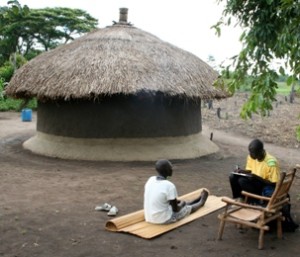
Clinical Psychiatry News, February 2009
Short-term narrative exposure therapy can be effective in treating posttraumatic stress disorder in child and adult survivors of war, even when carried out by lay counselors with limited training, new research shows. Narrative exposure therapy (NET) builds on the tradition of testimony therapy in which patients are asked to repeatedly talk about a traumatic event in detail and reexperience all emotions associated with the event. This leads to habituation of the emotional response to the traumatic memory and a subsequent lessening of PTSD symptoms.
You can download the full article here.

